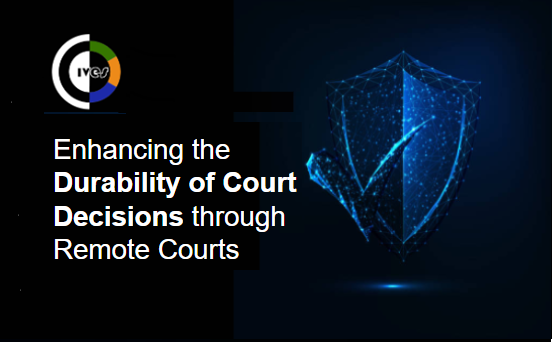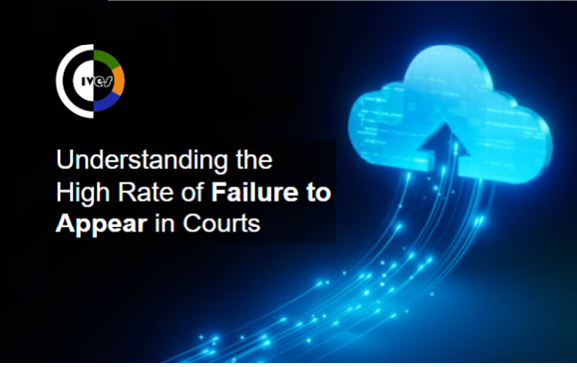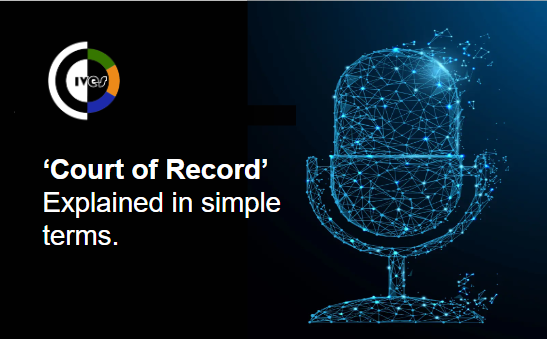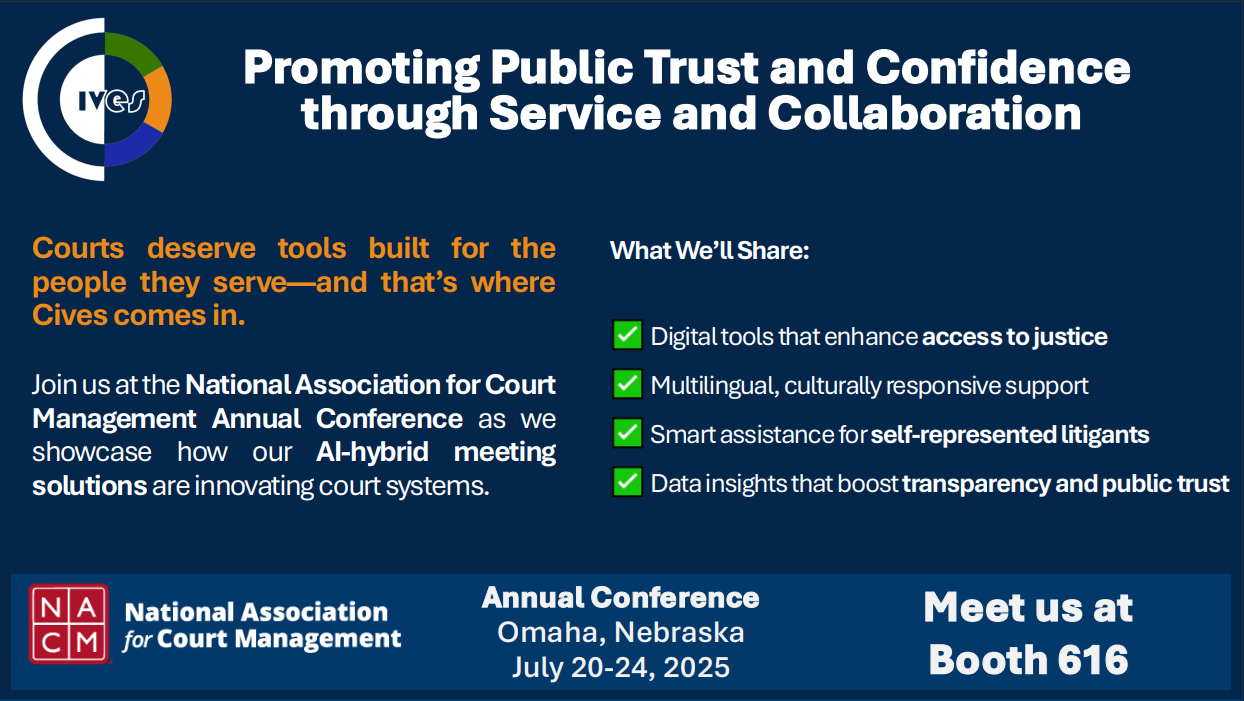Understanding the High Rate of Failure to Appear in Courts
The phenomenon of Failure to Appear (FTA) in courts, where individuals miss their scheduled court hearings, is a complex issue with far-reaching...
2 min read
Brian McGlynn : Sep 14, 2023 3:58:00 PM

In recent years, the legal world has witnessed a remarkable transformation, driven by technology's relentless advance. The concept of remote courts, although initially met with skepticism, has gained unstoppable momentum as an efficient alternative to traditional courtroom proceedings. The integration of digital tools and platforms , like Courts for Webex, into the legal system has ushered in an era of increased access to justice, improved efficiency, and, perhaps most importantly, enhanced the durability of court decisions.
The very notion of "remote courts" was a radical departure from the age-old traditions of legal proceedings. However, necessity proved to be the mother of invention as the COVID-19 pandemic forced the legal community to adapt quickly. Courts, judges, attorneys, and litigants were compelled to embrace digital solutions to ensure justice continued to be served during lockdowns and social distancing mandates. What initially seemed like a temporary measure soon revealed its potential for a lasting impact.
One of the key advantages of remote courts is accessibility. Regardless of geographical location, individuals can now participate in court proceedings without the logistical hassles of physical presence. This inclusivity has expanded access to justice, particularly for those in remote areas or with mobility challenges. It ensures that court decisions are made with a broader perspective, promoting fairness and equity.
Efficiency is another hallmark of remote courts. Traditional court proceedings are often plagued by delays, lengthy commutes, and congested dockets. Remote courts have the power to eliminate these bottlenecks. The streamlined nature of digital proceedings allows for faster case resolutions and reduced wait times. Judges can efficiently manage their caseloads, ensuring that justice is swift and decisions remain relevant.
The durability of court decisions is inherently tied to the efficiency of the legal system. When cases languish in the courts for extended periods, the relevance and applicability of decisions can erode. Remote courts help safeguard against this by expediting the legal process. Decisions are rendered while the issues are fresh, enhancing their effectiveness and enduring impact.
Moreover, the use of technology in remote courts ensures a meticulous record-keeping system. Digital transcripts, recordings, and document management provide an accurate historical account of proceedings. This transparency not only aids in legal research and appeals but also enhances the durability of court decisions by reducing the likelihood of disputes over what transpired during a hearing.
However, the journey toward remote courts is not without its challenges. Security, privacy, and technological barriers must be addressed to maintain trust and reliability in the legal system. Safeguarding sensitive information and ensuring equitable access for all is crucial.
In conclusion, the advent of remote courts represents a profound shift in the legal landscape. It is a testament to the adaptability of the legal community in the face of adversity. By enhancing accessibility, improving efficiency, and promoting transparency, remote courts fortify the durability of court decisions. As technology continues to evolve, the legal system must seize this opportunity to embrace innovation, ensuring that justice remains both accessible and enduring in the digital age.

The phenomenon of Failure to Appear (FTA) in courts, where individuals miss their scheduled court hearings, is a complex issue with far-reaching...

A "court of record" is a legal term that refers to a court whose proceedings and judgments are officially recorded and preserved as part of the...

Omaha, NE — July 20–24, 2025